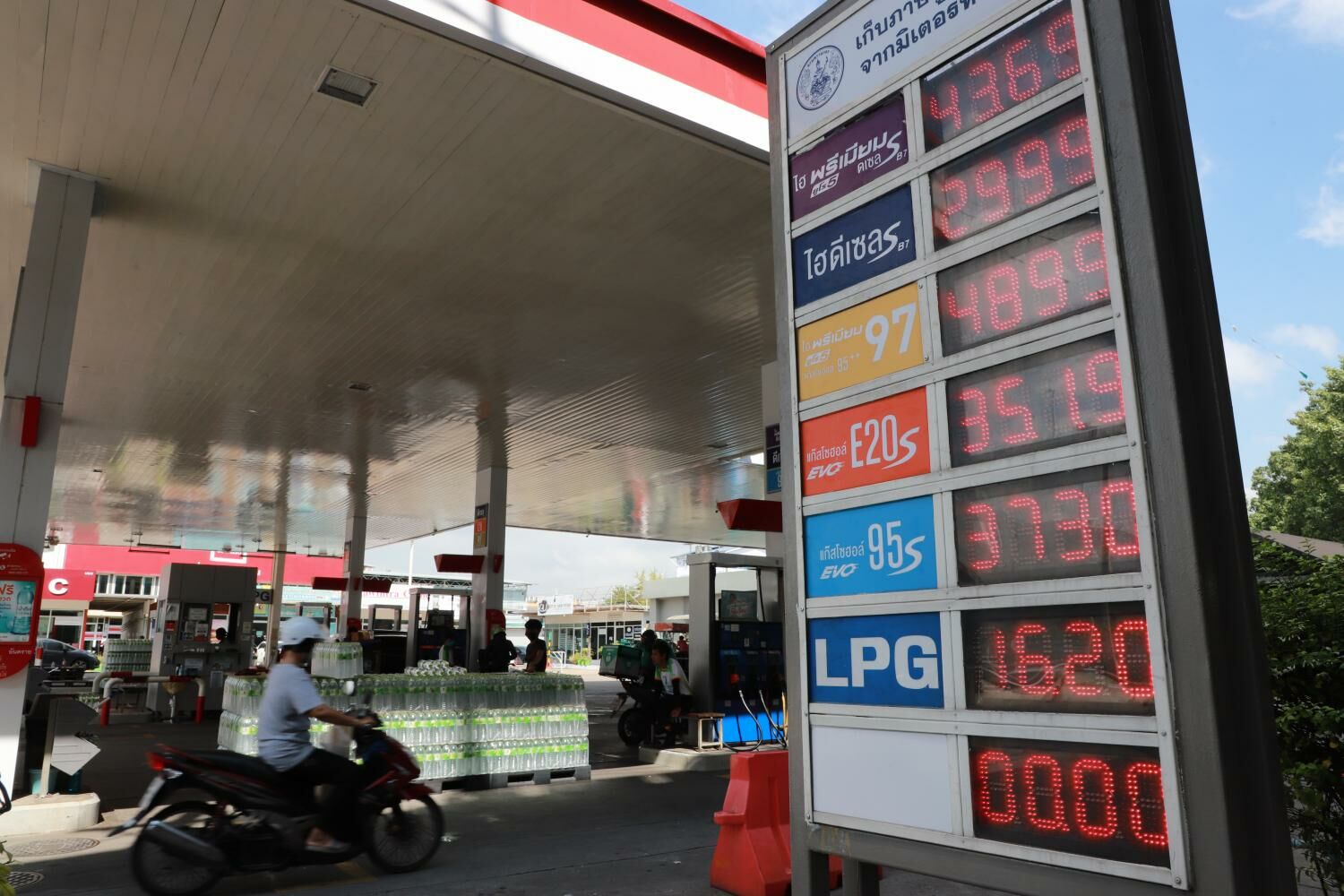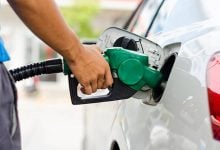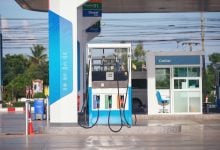The Energy Ministry crackdown on petrol retailers stockpiling fuel after price cut

The Energy Ministry has pledged to take stringent action against oil retailers found to be illegitimately stockpiling fuel. This decision comes in response to complaints about a sudden shortage of oil at petrol stations, following the government’s decision to lower the prices of gasohol 91 and gasohol 95.
On the morning of November 7, petrol stations across the nation began to lower the price of gasohol 91 by 2.5 baht per litre and gasohol 95 by 1 baht per litre. However, within just a few hours of the new pricing scheme taking effect, many petrol stations reportedly ran out of these two types of fuel.
This abrupt shortage sparked a wave of complaints to the Ministry, with motorists questioning the speed at which the petrol stations had depleted their gasohol stock.
Pongpol Yodmuangcharoen, the Ministry’s spokesperson, confirmed that officials are conducting a thorough investigation into the matter. This includes probing into possible illegal activities such as fuel hoarding by sellers, Pongpol said.
“The ministry has tasked officials with closely monitoring gasohol sales at petrol stations across the country.”
If retailers are found guilty of breaching the law, they could face penalties ranging from a fine of up to 140,000 baht to a maximum prison sentence of seven years. Motorists who suspect unusual gasohol selling practices are encouraged to report their concerns to the Department of Energy Business, reported Bangkok Post.
Cabinet resolution
This pricing reduction was initiated by a Cabinet resolution on October 31, which decreed the prices of gasohol 91 and gasohol 95 to be cut by 1 baht a litre via an excise tax reduction. Simultaneously, the Energy Ministry was instructed to further reduce the price of gasohol 91 by another 1.5 baht a litre, using a price subsidy programme under the Oil Fuel Fund.
Gasohol 91 and 95, also known as gasohol E10, is a blend of gasoline and 10% ethanol, with the numbers 91 and 95 indicating different octane ratings.
As of October 29, the Oil Fuel Fund reported a deficit of 74.2 billion baht, a result of subsidising the price of diesel (28.9 billion baht) and liquefied petroleum gas (45.3 billion baht), according to Prasert Sinsukprasert, the Energy Permanent Secretary.
Other types of gasoline and gasohol have seen different rates of reduction. The prices of Gasohol E20, which contains 20% ethanol, and Gasohol E85, with 85% ethanol, were reduced by 0.8 baht (US$ 0.023) a litre. Unleaded gasoline 95 saw a reduction of 1 baht a litre. This discounted pricing strategy is set to run until January 31 of next year.
Follow more of The Thaiger’s latest stories on our new Facebook page HERE.
Latest Thailand News
Follow The Thaiger on Google News:


























